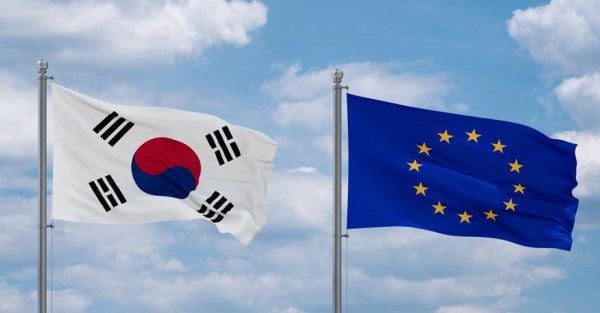Telefónica Public Policy & Telefónica España Regulatory teams
The Plenary sitting of the European Parliament this week approved the two reports it was working on for the furtherance of the Commission’s Communication on the EU’s renewed strategy for 2011-2014 on corporate social responsibility – COM (2011) 681 dated October 25th, 2011.
The first of these reports, from the Committee on Legal Affairs on corporate social responsibility: accountable, transparent and responsible business behaviour and sustainable growth 2012/2098 (INI), focuses on three priorities: (1) improving transparency; (2) establishing self-regulation and co-regulation processes; and (3) clarifying the rewards on the marketplace represented by CSR. This report, known by the name of its Rapporteur, Raffaele Baldassarre, was adopted with 553 votes in favour, 41 against and 38 abstentions.
The most outstanding feature of this report is its emphasis on improving transparency. To this end, the European Parliament “advocates the adoption of a legislative proposal allowing for high flexibility of action, in order to take account of CSR’s multi-dimensional nature and the diversity of the CSR policies implemented by businesses, matched by a sufficient level of comparability to meet the needs of investors and other stakeholders as well as the need to provide consumers with easy access to information on businesses’ impact on society, including governance aspects and life cycle cost methodology; considers that information on sustainability should also cover, where appropriate, the subcontracting and supply chains and should be based on globally accepted methodologies such as those of the Global Reporting Initiative or the Integrated Reporting Council; calls, in addition, for an exemption or a simplified framework to be applied to SMEs.”
The second report, the Rapporteur for which was MEP Richard Howitt – Report of the Committee on Employment and Social Affairs on Corporate Social Responsibility: promoting society’s interests and a route to sustainable and inclusive recovery (2012/2097(INI)) – focuses on four aspects or priorities:
Sustainable recovery. First and foremost, the debate on CSR is put in the context of the current economic crisis. The argument is made that CSR is indispensable if there is to be a restoration of trust in business and a sustainable economic recovery.
Implementing Global CSR. A second priority for the report is to develop concrete ideas which help translate the Commission’s intention to better implement global CSR initiatives.
Multi-Stakeholder approach. The European Parliament is also asked to recognize the special nature of EU policy-making on CSR.
A “smart mix” of collaboration between the public and private sectors. The report advocates greater emphasis on the impact of public policies on CSR.
The next steps identified in this Howitt report, adopted by a show of hands, are to support the extensive range of actions proposed in the Communication. In particular, it places extra emphasis on integrating CSR in the curriculum of mainstream business schools, promoting CSR in small businesses through the cluster approach and introducing an “audit” to ensure planned CSR awards genuinely meet European and global best practices. Finally, the rapporteur stresses that “CSR must move from process to outcome”.
AN INTENSE DEBATE
The debate on these two documents brought to light a variety of core ideas that, to some extent, will mark the future of CSR in Europe. The following are the most outstanding:
The majority stressed the importance of the voluntary nature of the adoption of CSR by businesses. Flexibility fosters business competitiveness. Nonetheless, some representatives (mainly from the Greens group) maintain that voluntary best practices are not enough and it is necessary to establish binding legal obligations.
SMEs can play a key role in disseminating CSR. In this sense, they defend the need to support these policies while avoiding administrative or financial burdens.
Special emphasis is placed on defending human rights, particularly the need to enforce the law in developing countries (subsidiaries).
Another topic extensively defended is transparency on the part of businesses so as to generate trust in such a complex situation as the present.
It was also noted that the European Union must lead by example on CSR matters.
The majority accepted the reports as presented, although there were exceptions (the Greens, the Non-Attached Members). Critics targeted the lack of specific goals, the watering-down of reporting requirements, the mixing of concepts, that it was unnecessary to draft two reports on the same subject, etc.
WHAT IS STILL PENDING
Through this guidance document, the EU is moving forward with the promotion of CSR. However, it still remains for the European Commission to present its legislative proposal on the transparency of social and environmental information furnished by companies, as announced in the Single Market Act.
USEFUL LINKS















